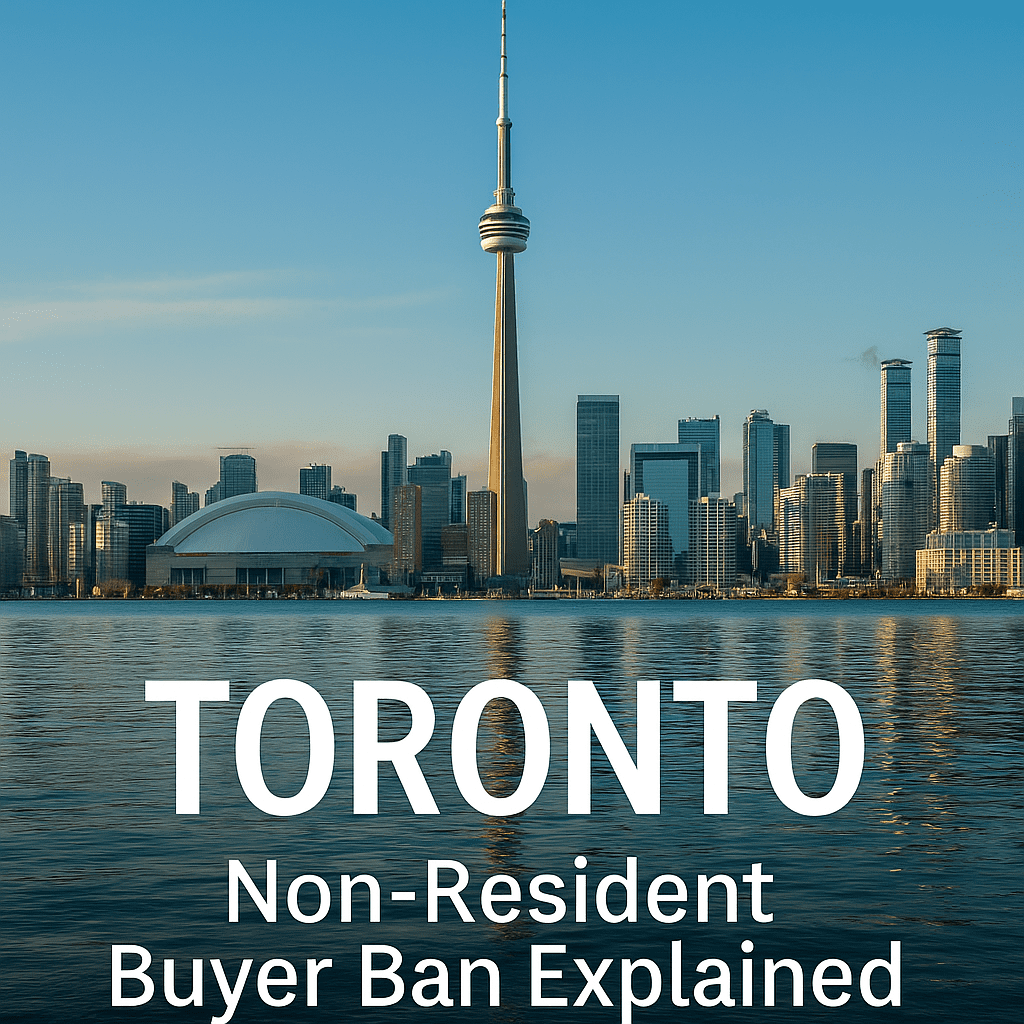Purpose-built rental apartments are a testament to the evolving real estate landscape in Toronto. Promising a high quality of life, this unique type of housing comes with a wide range of advantages not offered by traditional condos or detached homes.
For downsizers, or as we like to call you, rightsizers, tapping into Toronto’s dynamic purpose-built rental market can be a smart way to find your next home.
In this blog, we’ll go over the advantages of purpose-built rental living, as well as some of the potential drawbacks to help you get a better idea of how this type of housing may suit your vision for the future.
Thinking of rightsizing from your family home to a purpose-built rental? Explore these blog posts for helpful tips.
- A Guide to Interim Occupancy in Toronto
- Uncovering Hidden Wealth in Your Home
- What to Expect From Rightsizing
A Life of Convenience
For many rightsizers, transitioning away from the family home into something smaller is all about convenience. One of the most significant advantages of renting a purpose-built apartment is the freedom from the responsibilities of homeownership. When you rent, you’re not burdened with property maintenance, repairs, or the stresses of property ownership. As a result, you get more time to spend on things you enjoy.
Put simply, purpose-built apartments are specifically designed for efficient and comfortable living. They offer a unique degree of convenience that detached homes don’t.
Access to Toronto’s Top Neighbourhoods
Another major draw for purpose-built rental living is location. A number of Toronto’s rental developments are located in the city’s most desirable neighbourhoods. These communities come with a wide range of perks like amenities, green spaces, transit access, walkability, nightlife and more.
Great neighbourhoods include St. Lawrence Market, which is abundant with restaurants, cultural centres, parks and other lively destinations. On the other side of downtown, Liberty Village is a bustling, close-knit community with reliable transit connections and an unparalleled degree of convenience. Midtown communities like Yonge & Eglinton also offer a high degree of livability.
As a rightsizer, living in a close-knit, carefully designed neighbourhood can be a big upgrade in lifestyle. With everyday essentials and a strong community right at your doorstep, you’ll have more opportunities to enjoy the next chapter of your life.
Want to know more about Toronto’s top neighbourhoods for downsizers? Click here to read our list of the city’s best rightsizer communities.
Fantastic Amenities
One of the standout advantages of renting a purpose-built apartment is the amenities.
Although exact features will vary by property, common amenities in Toronto’s purpose-built rental landscape include well-equipped fitness centres, spas and saunas, swimming pools, and other features to help you live a healthy lifestyle. Dedicated social spaces like movie and games rooms, outdoor terraces, and communal gardens provide the perfect place to relax and socialize with family, friends and neighbours.
Looking for outside-of-the-box housing options? Check out these blog posts for unique insights.
- Not Ready For Condo Life? 3 Alternatives For Downsizers
- Downsizing as a Snowbird
- Your Questions About Garden Suites Answered
The Financial Impact of Renting
In addition to the unique lifestyle, choosing to live in a purpose-built rental apartment will also impact your finances. From a financial planning perspective, there’s a lot to consider when choosing to rent.
For example, choosing to rent instead of buy prevents you from using your home as an investment asset. If you choose to move in the future, you won’t have any leverageable equity from your apartment. One potential solution to this is keeping your existing home as a dedicated income property as you downsize to a rental.
Rightsizing With Silver Burtnick & Associates
As a downsizer, selling your existing home and finding a great place to live for the next chapter of your life is a big process. In order to navigate it successfully you’ll want to work with a real estate team who specializes in supporting downsizers – like us.
Taking an end-to-end approach, we’ve created a dedicated system to make your rightsizing journey as seamless as possible.
It’s our goal to not only help you achieve a great result on your sale but to also take the weight off your shoulders. After finding the perfect purpose-built rental (or whatever your next home will look like), we’ll coordinate all the logistics and moving parts on your behalf so you can focus on enjoying your transition.
As an experienced and collaborative real estate team, we can help you navigate the process of rightsizing. When you’re ready to begin your next chapter, get in touch. Click here to send an email or .
















